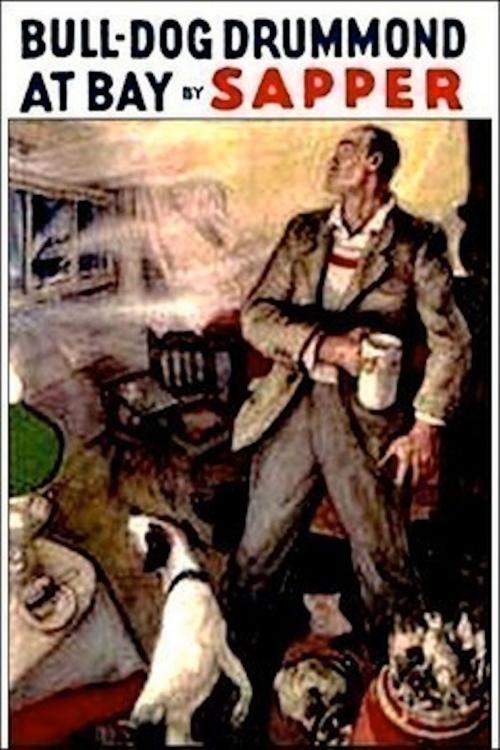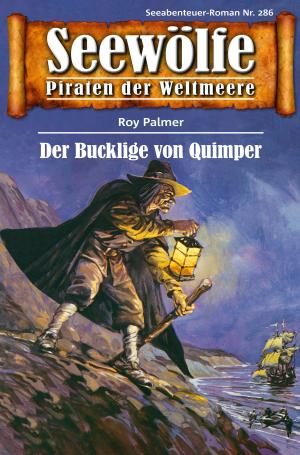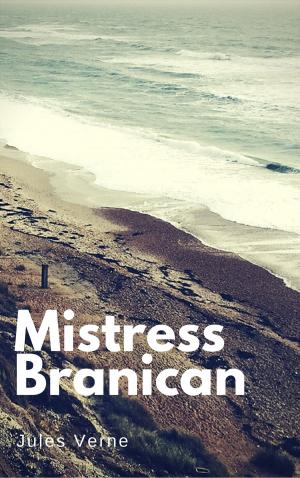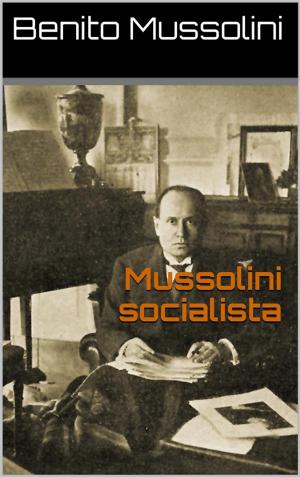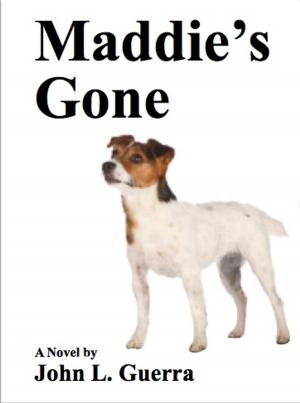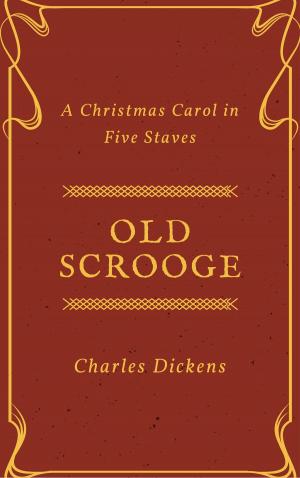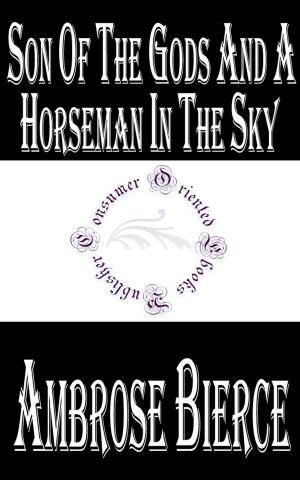| Author: | Sapper | ISBN: | 1230002170459 |
| Publisher: | eBooks | Publication: | February 21, 2018 |
| Imprint: | Language: | English |
| Author: | Sapper |
| ISBN: | 1230002170459 |
| Publisher: | eBooks |
| Publication: | February 21, 2018 |
| Imprint: | |
| Language: | English |
The mist was low–lying. Above it the tops of the telegraph poles stuck out into the starlit night, marking the line of the road which wound over the desolate fen country. A few isolated houses stood like scattered islands in a sea of white cloud—houses in which the lights had long been extinguished, for it was nearing midnight, and the marsh folk do not sit up late.
One house only proved the exception. In size and shape it was just as the others—a typical fenman's cottage. But from one side of it a diffused white glow shone faintly towards the line of telegraph posts. Above the mist the top room showed black and clear–cut. No light came from that window: the illumination came from the sitting–room below.
In it was seated a very large young man. Between his knees he held a gun, whilst on the table in front of him lay the usual cleaning materials, flanked on the left by a large hunk of bread and cheese, and on the right by a tankard of ale. Behind him, on the hearth–rug, a spaniel lay curled up asleep. In front of him, and close to the door which communicated with the kitchen, a bulldog in a basket snored majestically: also in front of him, and close to the door which led into the diminutive hall, a wire–haired terrier hunted ecstatically in his dreams.
The blind was up: the window, regardless of the mist which drifted sluggishly in, was open top and bottom. On the table a lamp was burning, and by its light the contents of the room stood revealed. And when those contents were compared with the living occupant the result was somewhat incongruous.
Over the mantelpiece hung several illuminated texts. They were of a depressing character, which a tasteful colour scheme of yellow beads round red letters was powerless to mitigate. Even a wedding group of the early 'sixties, which filled the place of honour in the centre, seemed unable to give that snap to the wall which the proud owner had doubtless intended. And the rest of the room was in keeping. A horsehair sofa covered with a red counterpane in which were sewn large, round pieces of coloured glass, adorned one wall: a table, complete with cloth to match the counterpane, and a stuffed weasel under a glass dome, adorned another. And in the window, on a small three–legged stool, reposed a Bible of colossal dimensions.
To the expert the solution was obvious on the spot. This was the parlour; that mysterious, unused room which is found in every similar house; that room, which, when the door is suddenly opened on the unwary visitor, exudes a strange and musty smell strongly reminiscent of a not too recent death behind the wainscot: that room which is utterly wasted on the altar of lower class respectability.
On the night when the mist was drifting just ceiling high the room was proving false to its traditions. Gone was the stale smell of ancient bones: even "Prepare to meet thy God" hung at a more rakish angle. The first was due to the open window: the second to the fact that a disreputable cap was slung on one end of the text. But the effect was all to the good. And since the large young man who at the moment was engaged in filling his pipe was presumably responsible for both acts of vandalism, it might be well to turn from the room to its occupant.
The mist was low–lying. Above it the tops of the telegraph poles stuck out into the starlit night, marking the line of the road which wound over the desolate fen country. A few isolated houses stood like scattered islands in a sea of white cloud—houses in which the lights had long been extinguished, for it was nearing midnight, and the marsh folk do not sit up late.
One house only proved the exception. In size and shape it was just as the others—a typical fenman's cottage. But from one side of it a diffused white glow shone faintly towards the line of telegraph posts. Above the mist the top room showed black and clear–cut. No light came from that window: the illumination came from the sitting–room below.
In it was seated a very large young man. Between his knees he held a gun, whilst on the table in front of him lay the usual cleaning materials, flanked on the left by a large hunk of bread and cheese, and on the right by a tankard of ale. Behind him, on the hearth–rug, a spaniel lay curled up asleep. In front of him, and close to the door which communicated with the kitchen, a bulldog in a basket snored majestically: also in front of him, and close to the door which led into the diminutive hall, a wire–haired terrier hunted ecstatically in his dreams.
The blind was up: the window, regardless of the mist which drifted sluggishly in, was open top and bottom. On the table a lamp was burning, and by its light the contents of the room stood revealed. And when those contents were compared with the living occupant the result was somewhat incongruous.
Over the mantelpiece hung several illuminated texts. They were of a depressing character, which a tasteful colour scheme of yellow beads round red letters was powerless to mitigate. Even a wedding group of the early 'sixties, which filled the place of honour in the centre, seemed unable to give that snap to the wall which the proud owner had doubtless intended. And the rest of the room was in keeping. A horsehair sofa covered with a red counterpane in which were sewn large, round pieces of coloured glass, adorned one wall: a table, complete with cloth to match the counterpane, and a stuffed weasel under a glass dome, adorned another. And in the window, on a small three–legged stool, reposed a Bible of colossal dimensions.
To the expert the solution was obvious on the spot. This was the parlour; that mysterious, unused room which is found in every similar house; that room, which, when the door is suddenly opened on the unwary visitor, exudes a strange and musty smell strongly reminiscent of a not too recent death behind the wainscot: that room which is utterly wasted on the altar of lower class respectability.
On the night when the mist was drifting just ceiling high the room was proving false to its traditions. Gone was the stale smell of ancient bones: even "Prepare to meet thy God" hung at a more rakish angle. The first was due to the open window: the second to the fact that a disreputable cap was slung on one end of the text. But the effect was all to the good. And since the large young man who at the moment was engaged in filling his pipe was presumably responsible for both acts of vandalism, it might be well to turn from the room to its occupant.
